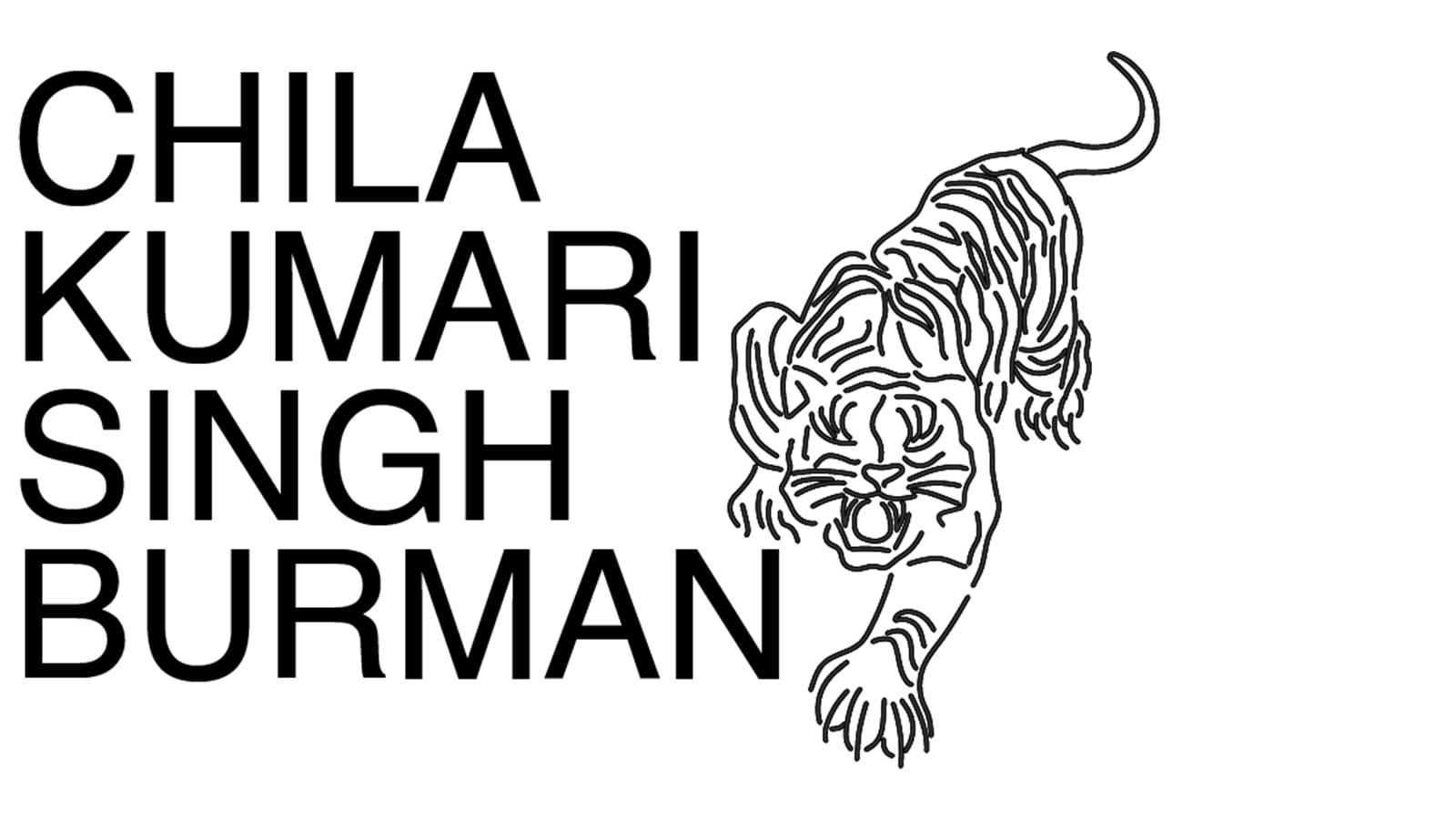Titled 'soft and weak like water' the exhibition’s Daoist theme will serve as both a thread linking various artistic practices and a conceptual proposition inspiring new productions.
The Biennale will unfold across the city of Gwangju and bring conversations to the social, historical, and architectural contexts of its various venues, including the Gwangju Biennale Exhibition Hall, Gwangju National Museum, community art space Horanggasy Artpolygon, Buddhist temple Mugaksa and Artspace House.
The Biennale will explore its theme through four subtopics: Luminous Halo positions the spirit of Gwangju as a source of inspiration and model for resistance and solidarity; Ancestral Voices highlights transnational artistic approaches for engaging and interpreting traditions to question and challenge modernist ideas; Transient Sovereignty considers the ways in which post-colonial and de-colonial artistic thinking have developed in relation to issues such as migration and diaspora; and Planetary Times explores the potentials and limits of a ‘planetary vision’ on ecological and environmental justice.
Aspiring to understand seemingly disparate yet equally urgent global issues as one entanglement that affects the whole planet and its inhabitants, soft and weak like water gives prominence to voices that speak about systems and practices of knowledge as alternatives to the ones governed by modernist thinking. Ranging from traditional healing, community-based and collective creation to reinterpretation of indigenous crafts, the Biennale presents discourses and practices that highlight ways of existing together, which help locate solidarity in both our affinities and our singularities.

